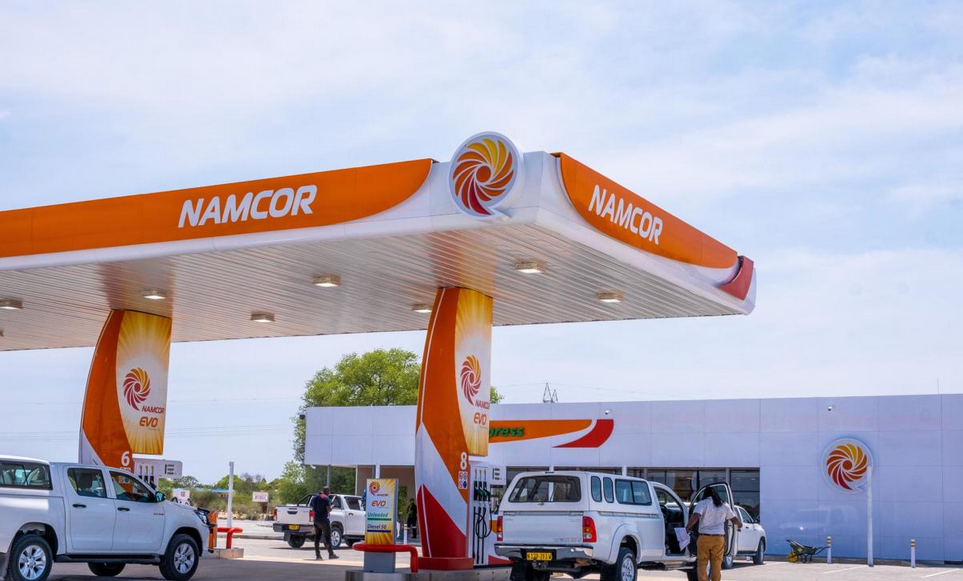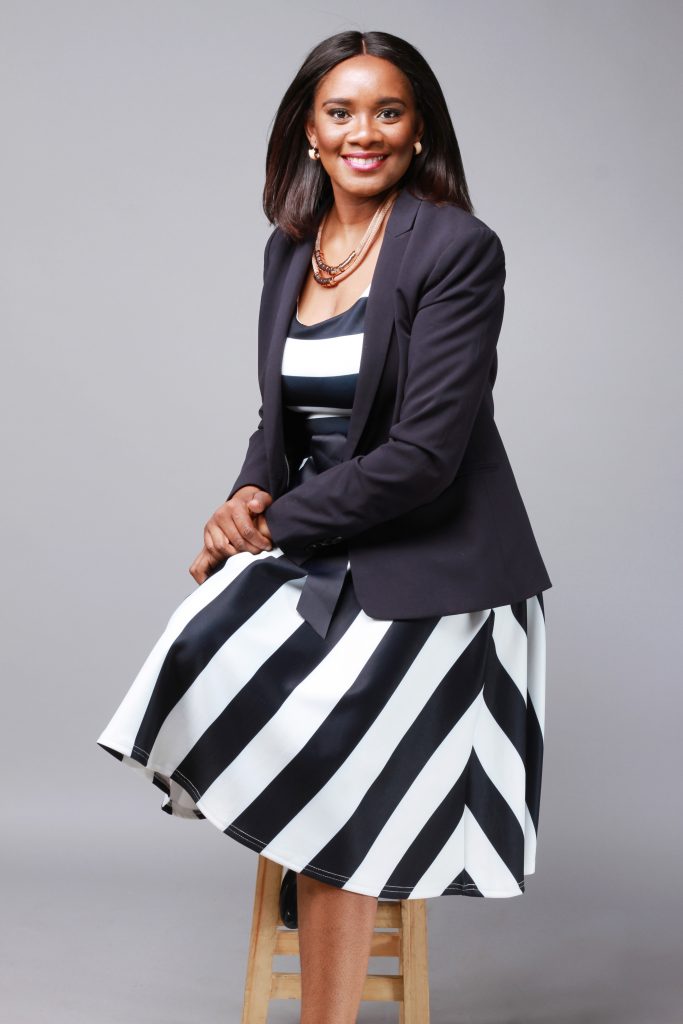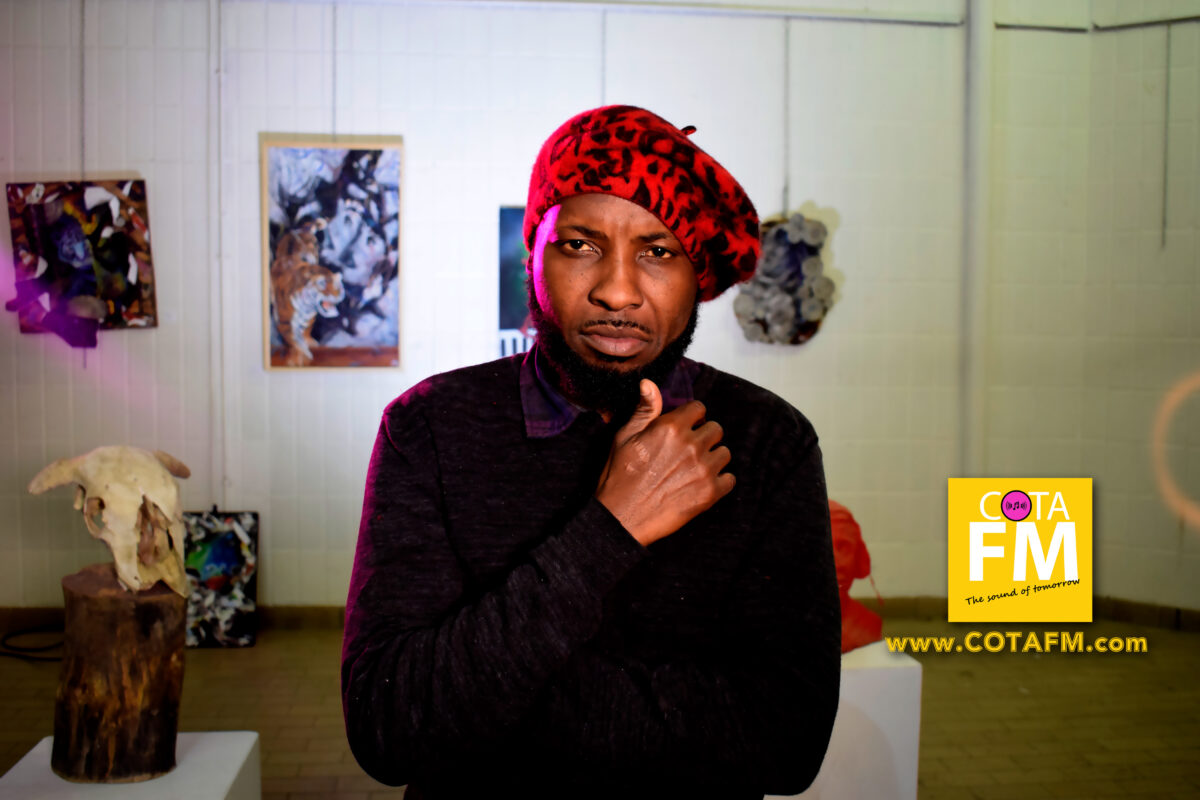By staff writer
The National Petroleum Corporation of Namibia (Namcor) has undergone an evolution over the last 30 years after starting off as an advisory entity to the Ministry of Mines and Energy in matters regarding exploration and production matters.
Since Managing Director Immanuel Mulunga took charge, the corporation has undergone significant changes, including a complete rebrand and a push towards a more competitive and commercial edge. In 2020, Mulunga’s contract was extended for another five years. The Founder caught up with the MD to get an insight into his strategic vision and to assess how Namcor performed last year.
TF: In 2020 your contract was extended for another five years. Can you give us an overview of Namcor’s strategic plan for the next four years?
Immanuel Mulunga: My contract was extended for another 5 years running from 1 October 2020 to 31 September 2025. This period is coinciding with a new Integrated Strategic Business Plan (ISBP) for Namcor with the following themes:
• Ensuring Supply for Namibia
• Harnessing the Potential of E&P
• Digital Enablement
• Operational & Organisational Excellence
Our focus is to continue building the Namcor brand by expanding our retail footprint and operationalizing the National Oil Storage Facility (NOSF) on the downstream side while on the upstream side we continue with our upstream agenda of commercializing our E&P opportunities both in Namibia and Internationally.
TF: What were the major influences in setting your strategic focus for 2021?
IM: What influenced our strategy is the need to secure our future financial sustainability by weaning ourselves from any governmental support and capturing a significant market share in the petroleum downstream sector. The NOSF that we now have the pleasure to maintain and operate enables us to achieve this objective. On the upstream side our strategy hinged on the procurement of international producing assets to diversify our sources of revenue and to continue facilitating and working towards a petroleum discovery in Namibia.
TF: Can you give us an overview of some of your achievements at the helm of NAMCOR over the last six years?
IM: We managed to rebrand the entity with a new vibrant and more recognizable brand; we managed to grow the balance sheet and revenues of Namcor by approximately 400%. We had a successful entry into the retail sector, thereby increasing our downstream market share to double figures. We recruited knowledgeable and experienced staff into the company and reorganized the entity into an organization that can get us closer to our vision of becoming a world class petroleum organization. We successfully took over the operatorship of the National Oil Storage Facility and started importing our own petroleum products into the country, plus we successfully farmed out some of our upstream assets to supermajors like ExxonMobil and worked very hard towards that elusive petroleum discovery in Namibia.
TF: What were the major influences in setting your strategic focus for 2021?
IM: The Exploration and Production Act which established Namcor in 1991 gave it a mandate to also venture into the downstream part of the petroleum business. This necessitated Namcor to enter the fuel importation business when it was awarded the mandate to import 50% of the country’s fuel requirements and established a commercial business unit to also directly sell to the market. In 2014 it made a decision to enter the retail business segment but it was only in 2019 when it constructed its first 3 service stations. Today not only is Namcor importing its own petroleum products into the country, it has access to storage facilities that allows it to compete in the commercial business segment, retail business segment (11 service stations) and the export market to countries such as Botswana and Zambia.

TF: Namcor officially took charge of the billion-dollar National Oil Storage Facility in Walvis Bay. What does this mean for Namcor and the country as a whole?
IM: This increases the security of supply of the country by making sure there is an increased amount of fuel in the country at any one time. The NOSF can also be used commercially for Namcor’s own trading activities but also to host international marketing companies to import their petroleum products into the country. These facilities have increased Namcor’s competitiveness in the market as it can now dictate the pricing of its own fuel and in so doing capture more market share from its competitors. The country is in a better position because it has its own storage facilities operated by its own national oil company, so that in the event any of the international majors exit the country, Namcor will still be here to serve the nation.
TF: In December 2020 the storage facility took in its first intake of oil at full capacity. What were some of the lessons learned in that endeavour?
IM: It is a complex business but nothing that we were unable to handle. We’ve managed to employ more than 40 Namibians, mostly from our competitors to run such a state-of-the-art facility and we as Namcor are proud to have managed to achieve this feat. Obviously, a facility of that size doesn’t come up without challenges. They have been numerous but we have overcome most of them and we are set to completely take it over on 1 March 2022 when the 12-month warranty period comes to an end. The biggest lesson learned is that one can do anything that you apply your mind to.
TF: How has the market reacted to this procurement and new option and can you break down for us its commercial viability in the long run?
IM: Firstly, it is important to mention that Namcor has played a major role in preventing this facility from becoming a white elephant. We are still busy ramping up the operations of the terminal and jetty and we believe we will utilize the facility optimally in the near future. We believe the facility will eventually make a return on the investment, especially when government regulates it to be used as the only entry point for petroleum products into the country.

TF: Namcor, last year, announced its intentions to open up more fuel stations countrywide. Can you break down for us how those that are already operational have fared thus far?
IM: So far there are 11 service stations in the country under the Namcor banner and we have another 10 on our books during the next financial year that starts on 1 April 2022. By the end of this calendar year, we expect to have 20 retail sites making us finally a significant player in this business segment. We are proud to be in this position as many people such as banks and previous board members had largely written us off because of our past weak financial position.
TF: The fuel station sector is of course quite competitive with already established brands. Can you give us an overview of how you intend to set Namcor apart from the competition?
IM: We intend to do this by offering a superior and vibrant brand and to leverage on our position as a national oil company and local brand. The placement of our retail sites in strategic positions around the country will ensure our competitiveness. Fortunately, we have already been received enthusiastically by the market.

TF: What were some of the biggest challenges thus far in your time at Namcor, and how has your acumen helped navigate these situations?
IM: Leading a national oil company in Africa is no mean feat and my time here at Namcor has not been an easy one but I have managed to weather the storms and displayed great leadership to transform Namcor into one of the leading and recognizable Public Entities.
TF: Can you give us a summary of Immanuel Mulunga, outside your role as NAMCOR’s Managing Director. What are some of your hobbies?
IM: I am a proud father, a scholar of life with great love for my fellow human. I’m an avid reader and enjoy my alone time from time to time.

























